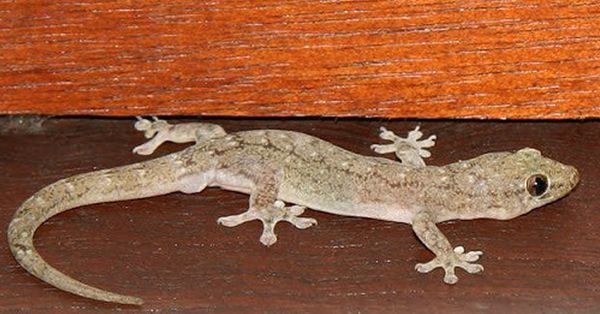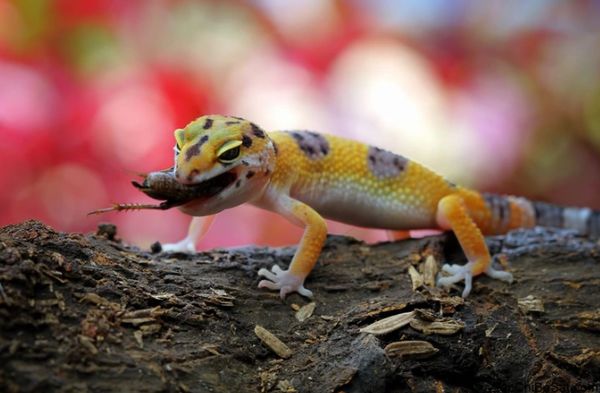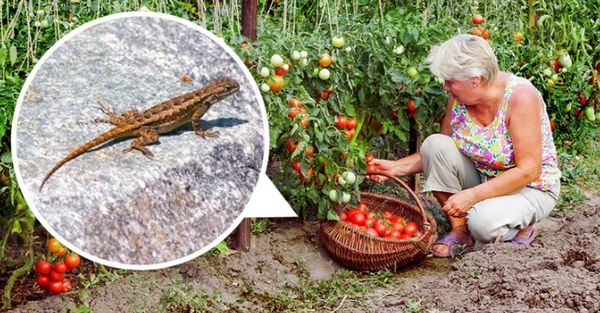
Did you know that geckos have superpowers? From their sticky toe pads that allow them to cling to walls and ceilings, to their exceptional nocturnal color vision, these creatures are truly remarkable. But when we see them in our gardens or homes, many of us are quick to chase them away. It’s time to reconsider! Here are 5 reasons why we should never chase away house geckos and lizards.
1. Geckos can feed on dangerous insects. 
Contrary to popular belief, not all reptiles are dangerous to humans. In fact, common house geckos can be beneficial. They have a diet that includes insects like cockroaches, moths, flies, spiders, termites, and wasps. By allowing geckos to stay in our homes, we are actually helping to control these pests naturally.
2. Geckos indicate an ecologically clean area. 
If you find geckos living in your garden, it’s a sign that your garden is ecologically friendly. Many chemicals used to exterminate pests can be toxic to geckos. So, by having these reptiles in your garden, it means you’re avoiding the use of harmful chemicals and encouraging a more natural balance in the ecosystem.
3. Geckos won’t eat anything from your garden, unlike birds.
Unlike birds that feed on pests but may also devour your berries, fruits, and vegetables, geckos solely focus on insects. They won’t harm your garden’s produce, which makes them the perfect pest control partners.
4. They pose no threat to humans.
Even though geckos might seem like they have superpowers as they crawl up walls and make strange noises at night, they are not dangerous to humans. Common house geckos are not venomous and won’t harm you, unless they feel threatened. In fact, they provide a valuable service by keeping pest populations at bay around and outside your house.
5. Geckos can carry salmonella, but it’s easily avoidable.
It’s true that geckos, like many other reptiles, can carry salmonella. However, the transmission of this bacteria is not through biting, but rather through their feces. To avoid any risk, make sure to wash off any gecko excrement you come across. And of course, it goes without saying that you shouldn’t kiss geckos (or any other animals) to minimize the chance of contamination.
Do you know of any other helpful animals that are often mistreated? Share your thoughts and experiences in the comments below!



